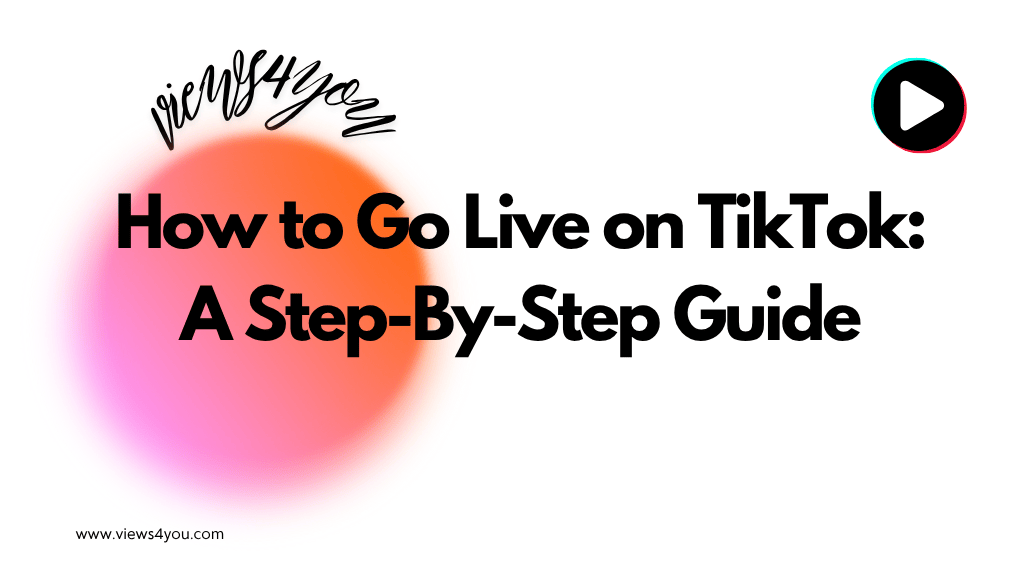Trustworthy affiliate marketing means promoting products honestly, with transparency and relevance. Choose items that fit your audience, share personal experiences, and disclose affiliate links. By leading with value and focusing on solutions, you build credibility, strengthen relationships, and grow income without appearing pushy or manipulative.
Affiliate marketing is a model where you recommend products or services and earn a commission from each sale. The idea sounds simple, yet many hesitate because they fear it feels pushy or fake. They have seen exaggerated claims and shallow reviews that exist only to sell.
But affiliate marketing doesn’t have to look like that. Done with honesty and care, it can build lasting trust while helping people discover solutions that improve their lives. In this guide, you’ll learn how to make affiliate marketing both simple and reliable, so it benefits your audience and creates a business you can stand behind.
Why Trust Matters in Affiliate Marketing
Trust is what separates a one-time click from a long-term relationship. Readers today are more skeptical than ever; they can sense when a recommendation exists purely for money. Without trust, they won’t click your links, and they won’t come back.
Earning trust means putting people first. If a product doesn’t fit their needs, don’t promote it. When you lead with honesty, you position yourself as a guide instead of a salesperson. That shift changes everything.
Choosing the Right Products
The products you choose show your audience what you stand for. They decide whether you look like a helper or a hustler.
Focus on Relevance
Stick to products that actually match your audience’s interests. If you run a fitness blog, readers won’t respond to credit card offers. Keep your choices aligned with what they came to you for.
Test Before You Recommend
First-hand use adds authenticity. Share what worked, what didn’t, and why. Readers respect honest reviews that highlight both strengths and flaws. Balanced opinions build more trust than polished praise ever could.
Compare and Educate
Comparisons help readers make decisions. Show them how two similar products differ and which fits certain needs better. When you educate, you add value beyond the sale.
Creating Content That Serves the Reader
Content is where trust is won or lost. Anyone can paste links into a blog post. What matters is whether your content genuinely helps.
Balance Information and Promotion
Good content stands on its own. A how-to guide, tutorial, or review should be useful even if someone ignores the link. When affiliate links feel like part of the solution instead of the reason for the article, readers respond better.
Diversify Content Formats
Not everyone prefers text. Show products in action through videos, podcasts, or social media posts. Demonstrations make recommendations more believable than words alone.
Refresh and Update Regularly
Keep your content alive. Update reviews, replace weak recommendations, and add new insights. Active maintenance shows that you care about accuracy, which strengthens credibility.
Being Transparent with Your Audience
Readers don’t mind that you earn money. They mind if you hide it.
Why Disclosures Build Trust
A simple statement, “This post contains affiliate links, and I may earn a commission at no extra cost to you,” is enough. Openness earns respect. In fact, disclosure often increases the chance of clicks because people appreciate honesty.
Share Personal Motivation
Explain why you recommend something. Did it save you time? Did it solve a real problem? When people see your reasoning, your advice feels more authentic.
Building Authority Over Time
Authority is built slowly, but once earned, it pays back for years.
Social Proof and Engagement
Testimonials, community comments, and reader feedback prove your words hold weight. Sharing results and engaging with your audience strengthens your reputation as a trusted voice.
Consistency in Voice
Keep your style consistent. Whether it’s an article, a video, or an email, readers should recognize your tone. Familiarity builds comfort, and comfort builds loyalty.
Simplifying Affiliate Marketing
The process feels overwhelming only when you try to do everything at once. Start small. Choose one niche, one platform, and a few solid products. Publish one helpful article or video at a time. As you repeat the process, it becomes easier and more natural.
Common Mistakes to Avoid
Many beginners struggle because they repeat the same errors that weaken trust and slow down growth.
- Promoting random products just to earn more
- Writing content that feels like a sales pitch
- Skipping disclosures or hiding links
- Expecting quick results
- Ignoring reader feedback
Avoiding these mistakes saves you from wasted effort and protects your credibility.
Action Plan for Trustworthy Affiliate Marketing
Pick a niche you truly care about. Find two or three products that solve real problems for your audience and try them yourself if possible. Create one strong piece of content that focuses on helping, not selling, and add affiliate links where they fit naturally.
Be transparent about how you earn, invite feedback, and improve with each post. Repeat this process consistently. Each piece of content adds another layer of trust. Over time, you’ll not only earn commissions but also build a reputation that lasts.
FAQs
How can I start affiliate marketing without being pushy?
Offer solutions before sales. Share tips, tutorials, and experiences. Place links where they make sense, not everywhere you can.
What matters most in affiliate marketing?
Trust. When readers trust you, they follow your advice. Without it, even the best content fails.
Do I really need to disclose affiliate links?
Yes. It’s often a legal requirement, and it shows honesty. Readers value openness, and it makes you more credible.
How many products should I promote at first?
Keep it simple. One to three products are enough to stay focused and relevant. More than that can dilute your message.
Can affiliate marketing become a real income stream?
Yes, but only with patience. Consistency, quality content, and genuine trust are what turn it into a long-term business.
How do I balance helping and selling?
Put helping first. Share valuable advice, and let affiliate links support your message naturally. When readers see value, they don’t mind the promotion.








